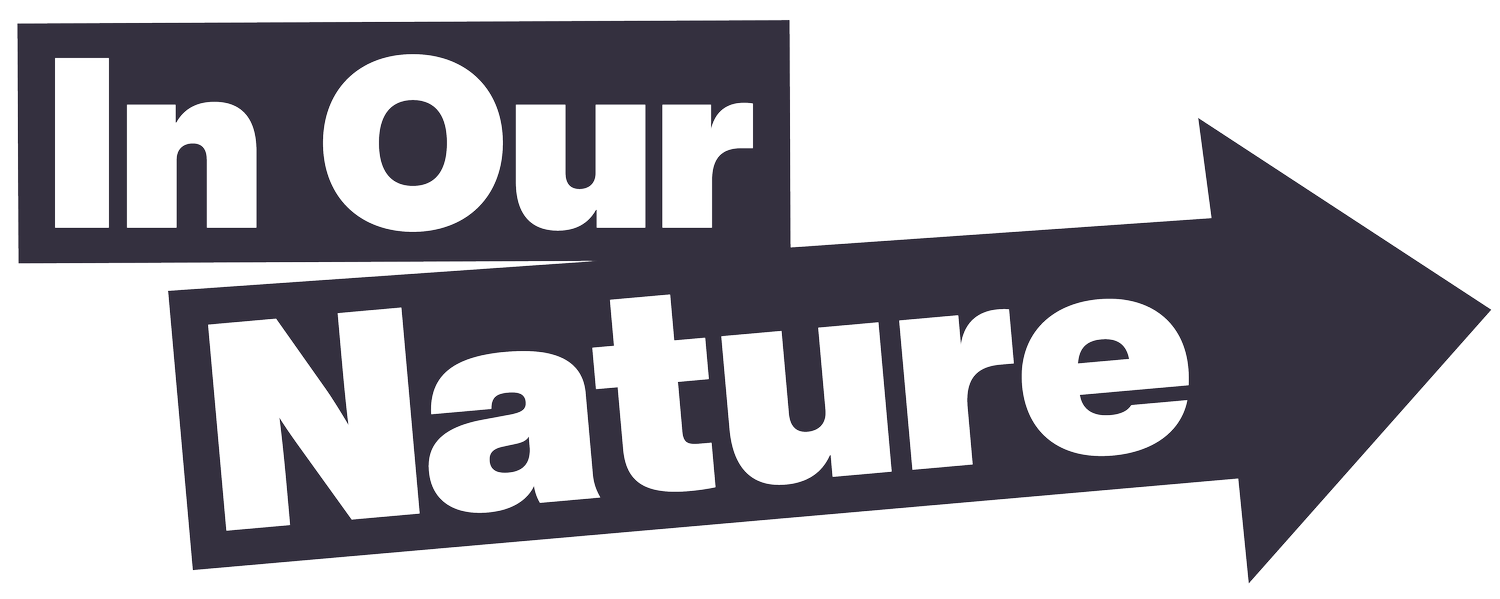Checking-In / Checking-Out
A tool to start and end meetings well.
This simple tool is a great way to start and close community meetings. By offering people a couple of questions or prompts to answer as a way to ‘officially’ start and close meetings we give everyone an opportunity to be included and heard. Checking-in and checking-out are also an opportunity to settle our minds. Sharing what’s on our minds at the beginning helps us to be fully present and available for the meeting so we can work more effectively together. Checking-out helps us leave the meeting behind and move on to our next thing with clarity.
Starting any gathering by hearing from each person makes it clear that everyone matters, their input is valuable and we care about knowing where everyone is up to. Checking-in helps us to know who’s in the room, to connect with each other and start the meeting with focus. Including everyone at the start of a meeting sets a foundation for a community group that works well together.
It’s the same for ending a meeting. Marking the completion of our time together and hearing from everyone means we know how we are each feeling, helps us reflect on learnings and actions, and be clear that the formal gathering is over.
The shaping of checking-in and checking-out questions with thought, purpose and intention increases the likelihood of them being powerful.
Group Size: 2-20+
Time frame: 5-60 mins
Checking in
-
When meeting face-to-face, sit in a circle or semicircle. If online, ask everyone to turn on their video and mute themselves when they are not speaking.
Choose a checking-in question based on the purpose of the meeting, how many people will be attending and time available.
Things to consider:
How much time do you have for checking-in?
What kind of tone do you want to create with your questions? Playful? Serious?
What would you like the questions to achieve? For example: to learn something new about each other, to get present, to align, to break the ice…
Tip: Test the question with someone else prior to the meeting or try answering yourself: does the question invite a long story, a word or two, or a sentence? Making it clear in the question how much you want people to share helps to keep to time.
Checking-in question suggestions:
“How are you feeling right now? Share one highlight for you since we last met.”
“Where do you live? How are you feeling?”
“What do you understand we are meeting for today?”
“Say a few words on how you are – is there anything you’d like to share to be fully present at this meeting?”
-
One-by-one participants answer the checking-in question(s), either in order around the circle or at random. Once every person has checked-in one time, checking-in is over. Encourage people to listen and remain silent unless they are checking-in. Checking-in is a sharing and listening activity, not a dialogue.
Checking out
-
If face-to-face, stand or sit in a circle or semicircle. If online, ask everyone to turn on their video and mute themselves when they are not speaking.
Invite each member of the group to share one thing they are “checking-out” with. This could be a feeling, a reflection, the most important thing they take with them, #1 insight, top learning, etc.
Choose a checking-out question based on the group and the purpose of the session.
Checking-out question suggestions:
What's my biggest learning or insight from today?
What am I taking away from this meeting (a learning or a To Do if you’ve taken on a task)?
What has been my highest high and lowest low from this meeting?
-
One-by-one participants check-out either in order around the circle or randomly.
Once every person has checked-out, the checking-out is complete. Encourage people to listen and remain silent unless they are checking-out. Checking-out is a sharing and listening activity, not a dialogue.
Tip: if you have time after a person shares you can ask: is there anything else?
Created by Amity. Inspired by Hyper Island’s Digital Management MA
For more tools and support with your volunteering work you can join the In Our Nature Learning Hub. The In Our Nature Learning Hub is an invitation to slow down, spend some time with yourself, and get a fresh perspective so that you can bring your best to your community and our planet. The Learning Hub is completely free for you to access at any point in your community (climate) volunteering journey and is open for everyone.
